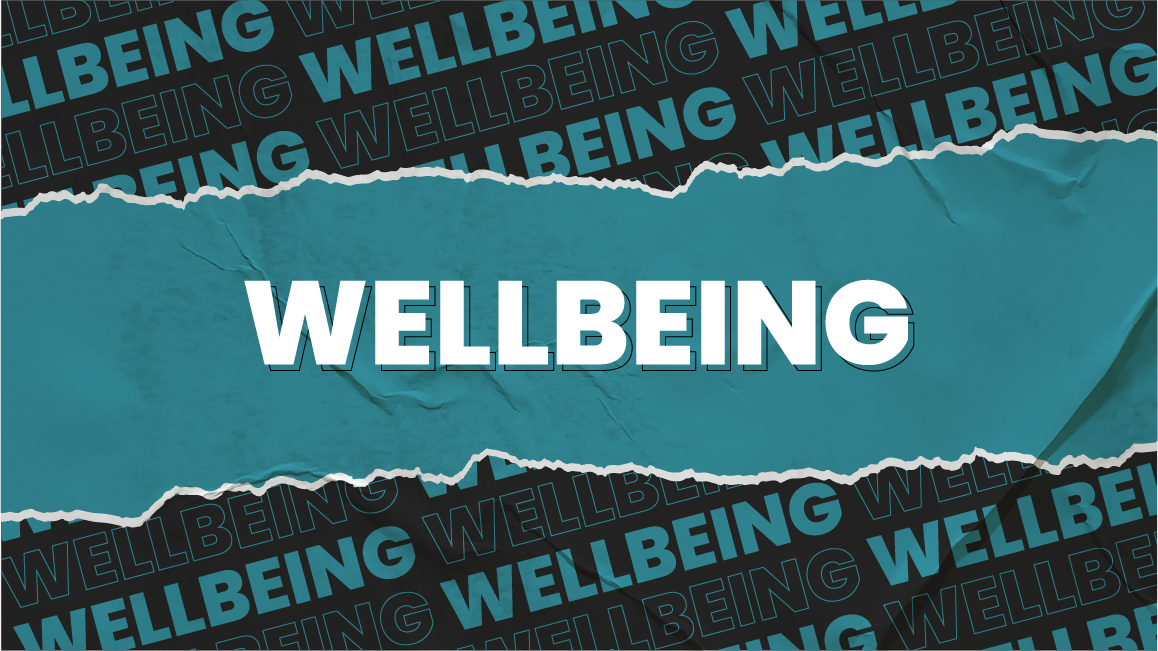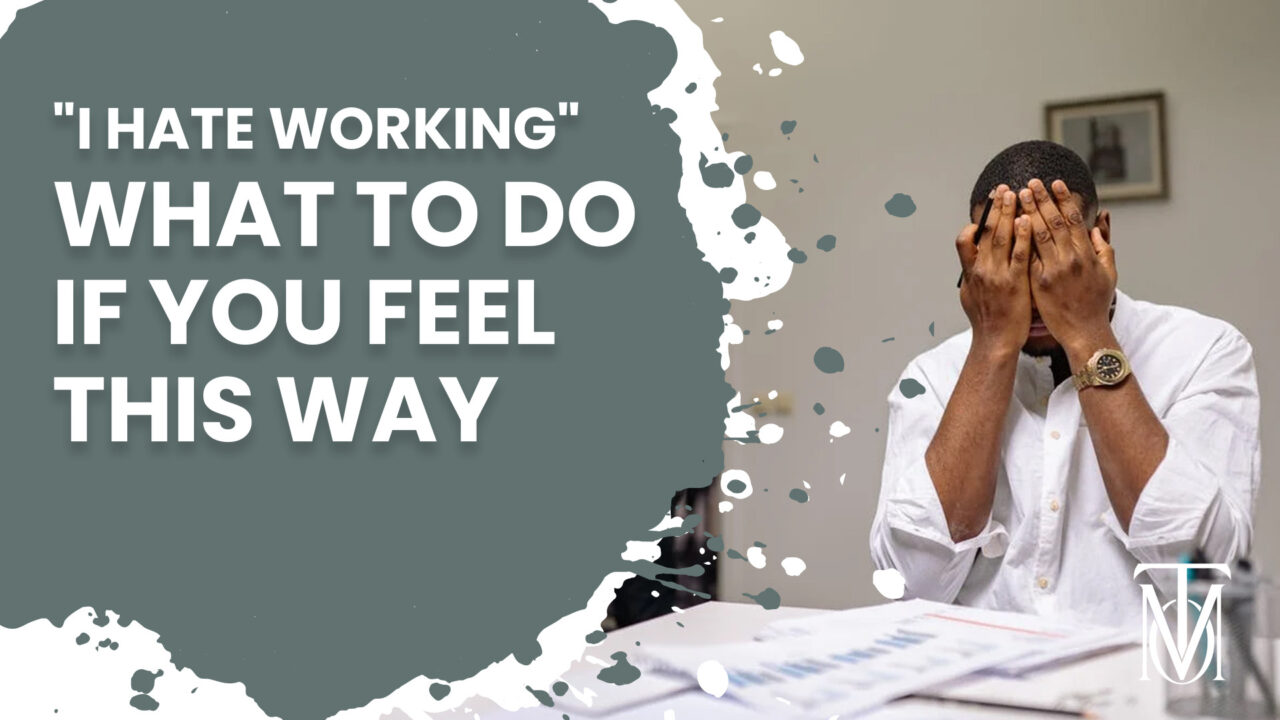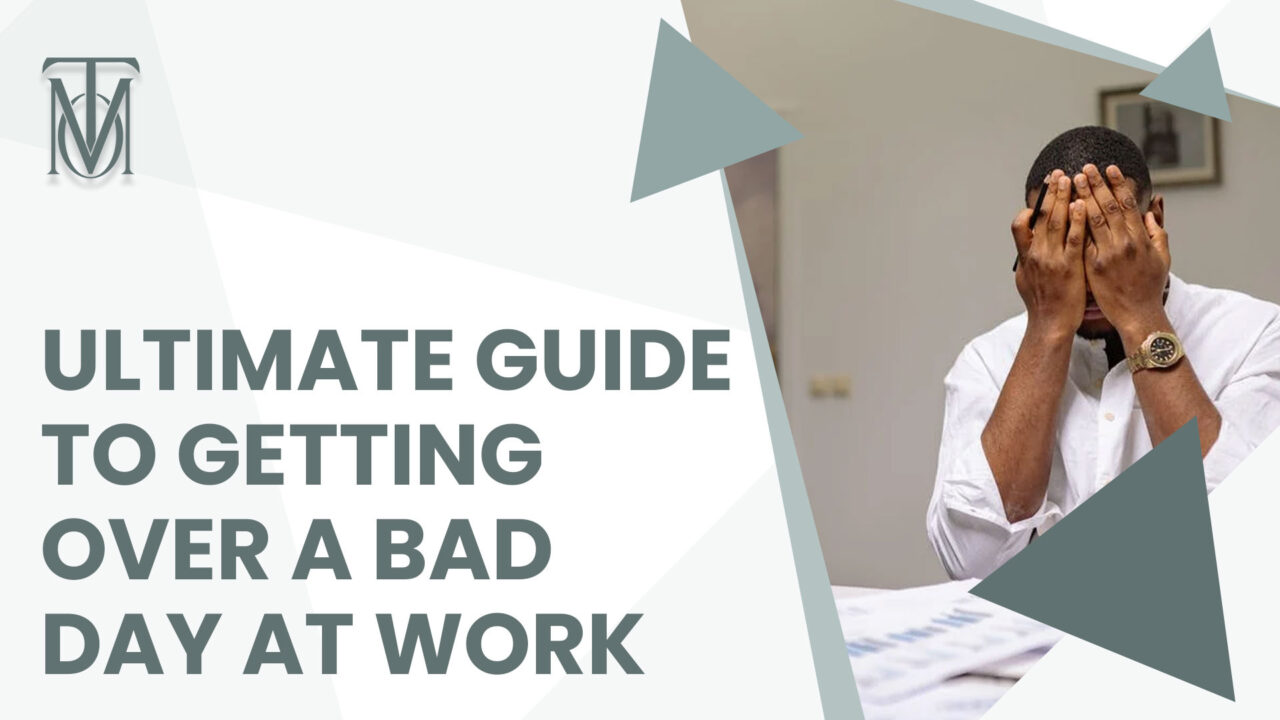It’s never easy to work well with others in a group setting. The contributions of each team member may vary. Depending on the individual members’ contributions of each team could positively or negatively impact the group performance and overall output. Their research indicated that group size decreased effort.
The concept of social loafing describes the human dynamics at play when people collaborate in a group. It squarely addresses the issue of how the lazy efforts of some team members might lead to a less-than-ideal team dynamic.
You’ve undoubtedly experienced social loafing without realizing it when you’ve worked on group projects. You’ll learn everything you need about social loafing and more from this post. As a result, I urge you to keep on reading.
What Is Social Loafing?
In social psychology, “social loafing” refers to the problem of low performance and productivity. Workers put up less effort when collaborating with other group members, the theory holds. Those that partake in social loafing do so because they have adopted a carefree attitude toward the group’s goals and duties, leading them to put in less effort and slowing down the group task. JESP (Journal of Experimental Social Psychology) publishes works that improve social psychology concepts.
Since the hypothesis of social loafing was proposed by French engineer Max Ringelmann, he is sometimes credited with coining the term “Ringelmann Effect.” As part of his experiment, he had several people tug a rope in opposite directions. They divided it into smaller groups of 2, 3, and 8.
By the end of Ringelmann’s study, it was clear that team members were less invested in their tasks when doing group work. The findings of the same experiment are much improved when participants work independently.
Consistently, social loafing impedes a company’s progress in several ways. The less productive members of the group who participate in activities such as social loafing hinder the organization’s growth and contribute to creating a toxic work culture within the team.
The first step in reducing social loafing is appreciating its causes and manifestations within a team.
In that case, there are two types of social loafing the Free Rider Effect and the Sucker effect.
Free Rider Effect: One or more team members’ lackadaisical approach to the assignment can harm the group’s productivity. When individual effort exceeds a threshold, group output is uneven. When this kind of social loafing occurs, the rest of the team must work harder to compensate for the lost productivity. The group member responsible for this behavior is known as a “free rider.”
Sucker Effect: This type of social loafing occurs when high-achieving individuals of a group begin to perform poorly due to the behavior of low-achieving members. When one group member doesn’t put in their fair share, it drags down everyone else’s performance. A common name for this phenomenon is “the sucker effect.” It happens because, unconsciously, the high-performing team members opt to punish the low-performing team members who are “free riding” on their work. Typically, this kind of social loafing leads to a dramatic drop in performance across the board, negatively affecting the effectiveness of the organization they employ.” Sucker Effect” and ” Collective Effort Models” cause social loafing.
What Causes Social Loafing In A Group?

Where does social loafing come from, and what causes it? Whence comes to this crisis for the company? The problem originates from how the organization and the teams are structured.
Here are some of the causes:
1. Complex objectives
Employees tend to give up when they see that the management’s expectations are too lofty or difficult to attain.
2. Easily attained objectives
Goals that are too easy to achieve hurt morale since they don’t provide enough of a challenge to keep workers engaged. Consequently, displaying little motivation to do what it takes to reach goals.
3. Task is the goal value
Team members will try to avoid working hard if they believe that their goals and objectives do not contribute to the larger corporate aims.
4. Insufficient motivation
In addition to a lack of supervision, a demotivated workforce is a major contributor to social loafing since workers are less likely to feel compelled to complete their assigned tasks.
5. Large group dimensions
Sometimes there are more people in the group than needed. As a result, extra people in a group often become lazy and squander their time socializing.
6. Inferiority complex
A feeling of inferiority can arise when average or lower-performing team members are lumped with high achievers. Because of this, inferior workers will acquire a complex and rely on the team’s top performers to get anything done.
7. Reduced self-efficacy
Those who feel their efforts are unappreciated are more likely to resort to social loafing to avoid their duties.
8. Lacking a sense of responsibility
Employees will be hesitant to fulfill their obligations if they are not held personally responsible for the task. They will also be more likely to put their faith in people who can be held accountable for delivering on their promises.
Strategies For Reducing Social Loafing
A team’s productivity is impacted negatively, and the company’s growth and competitiveness are also stunted when employees engage in social loafing.
Thus, it is crucial to come across and address such behaviors.
- Delegating work to specific people
- Instating definite and unambiguous guidelines and regulations
- Evaluation of both individual and collective efforts
- Encouragement and praise of one’s efforts
- Convening and directing focus groups
- Increasing personal responsibility
- Promoting an improved work environment
- Actively seeking out comments from the team regularly
Final Thought
When people engage in social loafing, it can harm the productivity of a team, group, or organization. Yet, with a deeper familiarity with this personality and social psychology issue, you can mitigate its effects. After that step is completed, it is crucial to take corrective action.
Make sure there is a reasonable cap on any group or team size. Smaller teams are easier to manage, and their members are more likely to feel that their contributions matter.

















